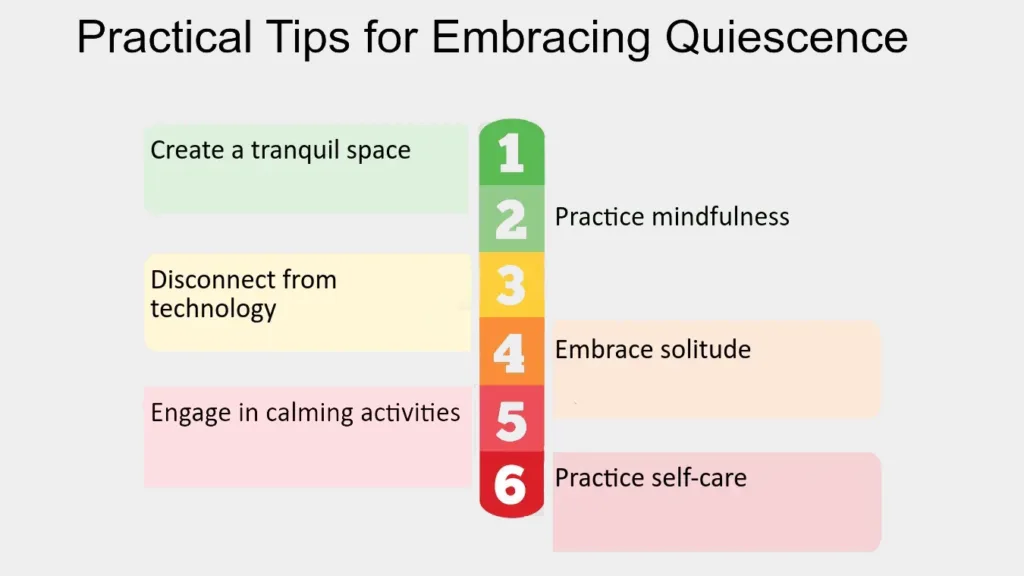In our increasingly interconnected world, where constant noise and distractions are the norm, the simple act of spending time alone has become a rare luxury. Yet, solitude, far from being a solitary confinement, offers a myriad of benefits for our mental health and creativity.
The Benefits of Solitude
- Enhanced Creativity: Studies have shown that solitude can spark creativity and innovation. When we’re alone, our minds are free to wander, make connections, and generate new ideas without the pressure of social expectations or distractions.
- Improved Focus and Concentration: In a world filled with constant notifications and interruptions, solitude provides a much-needed respite. By spending time alone, we can enhance our ability to focus, concentrate, and delve deep into our thoughts.
- Reduced Stress and Anxiety: Solitude can be a powerful tool for stress reduction and anxiety relief. When we’re alone, we can disconnect from the demands of daily life and simply be present in the moment.
- Increased Self-Awareness: Spending time alone allows us to reflect on our thoughts, feelings, and behaviors. This self-reflection can lead to greater self-awareness and personal growth.
- Spiritual Growth: Many people find that solitude can be a profound spiritual experience. It can help us connect with our inner selves and deepen our sense of purpose.
The Challenges of Solitude
While solitude offers many benefits, it can also be challenging, especially for those who are not accustomed to spending time alone.
- Fear of Loneliness: Many people fear loneliness and the negative emotions that may accompany it. However, solitude and loneliness are not the same. Solitude is a choice, while loneliness is a feeling.
- Difficulty Relaxing: It can be difficult to relax and unwind when we’re alone, especially if we’re used to constantly being occupied.
- Negative Self-Talk: When we’re alone with our thoughts, it can be easy to fall into negative thinking patterns.
“The more powerful and original a mind, the more it will incline towards the religion of solitude.” – Albert Einstein
Tips for Embracing Solitude
- Start Small: Begin by spending short periods of time alone, such as 10-15 minutes each day.
- Create a Peaceful Space: Designate a specific area in your home where you can retreat to when you need some solitude.
- Practice Mindfulness: Focus on the present moment and avoid dwelling on the past or future.
- Engage in Solo Activities: Explore hobbies and interests that you can enjoy alone, such as reading, writing, painting, or gardening.
- Disconnect from Technology: Turn off your phone and other electronic devices to fully immerse yourself in solitude.

By embracing solitude, we can unlock our full potential and live more fulfilling lives. So, the next time you have a chance to spend some time alone, don’t hesitate to seize the opportunity.
Personal Anecdote:
I recall a time when I was feeling overwhelmed by work stress and social commitments. I decided to take a weekend retreat to a quiet cabin in the woods. At first, the silence was deafening, and I found myself grappling with anxious thoughts. However, as the days passed, I began to appreciate the tranquility. I spent my time reading, writing, and simply being present in the moment. It was during this solitary retreat that I discovered a renewed sense of creativity and clarity. I was able to work through complex problems and develop innovative solutions that I hadn’t considered before. The experience taught me the invaluable power of solitude to recharge, refocus, and inspire.



